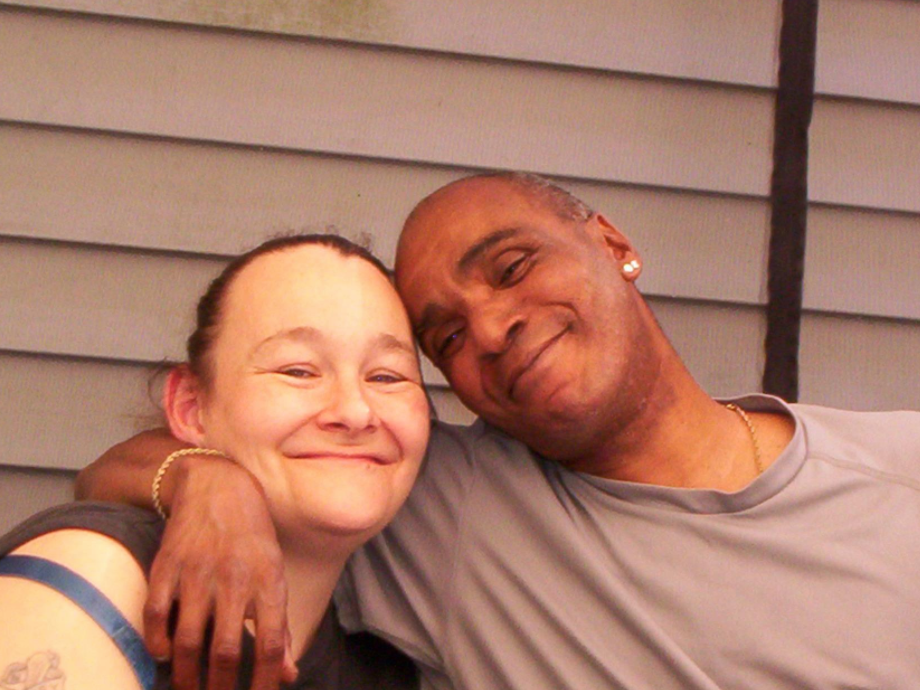On Monday, Christine Harvey, a resident of Malden, Mass., was experiencing intense stomach cramps. She decided that she should seek medical attention, and arranged for a friend to pick her up and take her to the hospital. But her friend didn’t arrive soon enough — Harvey ended up delivering a six-pound, six-ounce baby girl on the sidewalk. She didn’t even know she was pregnant.

WATCH BELOW: Transgender man talks about being pregnant

Rogers, who stayed behind to look after their other two children, called the surprise birth “a miracle.”
“I held her. I was like ‘Huh?’ But she’s gorgeous,” he said.
What Harvey experienced is called a cryptic pregnancy — although to be very specific, she experienced a cryptic delivery. Cryptic pregnancies are more common than you might think. Research shows that one in every 475 pregnancies in the U.S. is cryptic, while one in 2,500 is a cryptic delivery.
Dr. Kimberly Dever, chair of obstetrics and gynecology at South Shore Hospital in South Weymouth, Mass., said the hospital sees “several” cases of cryptic pregnancies every year.
“We do about 3,500 births a year, and we probably see this a few times a year,” she said to The Washington Post.
These cases aren’t chalked up to women who are in denial or who have mental health disorders, either.
READ MORE: People are taking pregnancy drugs to lose weight: Is it safe?
Medical practitioners also point to extreme stress as a cause of a cryptic pregnancy, and cite examples of women who have given birth on the front lines of a war zone without ever knowing they were pregnant.
That could have been the case in 2012, when British soldier Lynette Pearce, a bombardier in the Royal Artillery, gave birth at Camp Bastion in Afghanistan. An adept sportswoman who prided herself on besting soldiers who were much bigger than her, Pearce started gaining weight before being deployed to Afghanistan, and a friend said to the Daily Mail that it was distressing because she couldn’t understand why.
“At the time Lynette was really confused. A baby was growing inside her, that was why she was putting on weight, but Lynette had no idea at the time she was carrying her son.”
She didn’t know until she delivered him in the army base field hospital. At the time, a spokeswoman for the Ministry of Defence said: “It is not military policy to allow servicewomen to deploy on operations if they are pregnant. In this instance the MoD was unaware of her pregnancy.”
READ MORE: Should pregnant women stop drinking diet soda?
In other cases, irregular menstrual cycles could be to blame. While both Kayley Straker and Nadia Watson, two British women who had cryptic deliveries, said they continued to get their period regularly during their pregnancies, it is possible that if their regular cycles manifest in light bleeding or spotting, they could have menstruated throughout their pregnancies and been none the wiser.
“This is regarded as one of those ‘how could she not know?’ things, but it does happen,” Kaploun says. “But there’s not psychological profile linked to it. If anything, the psychological effects would happen after the birth, because all of a sudden these women have a baby and they have nothing planned or prepared. In those instances, I could see there being a need for psychological intervention.”






Comments